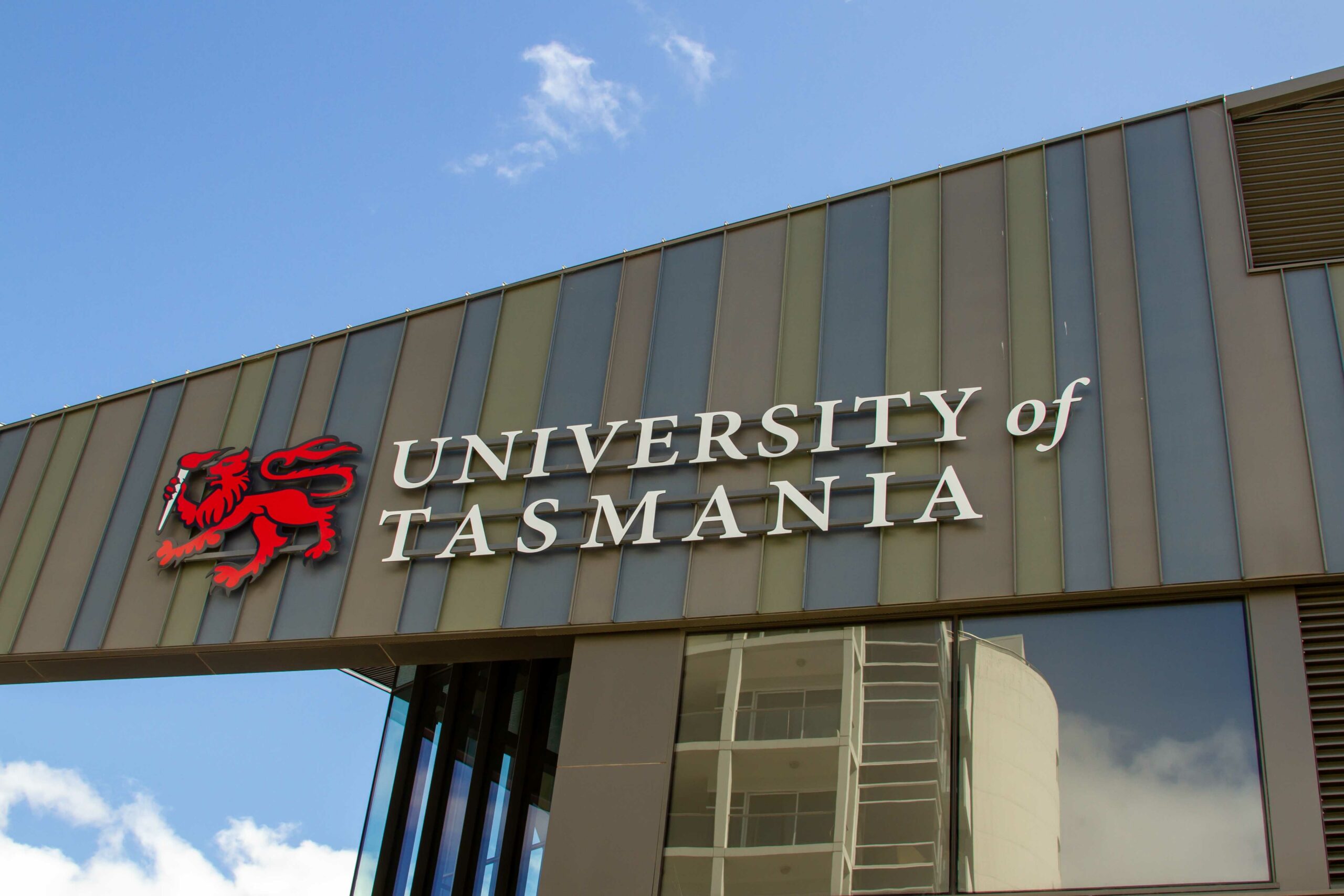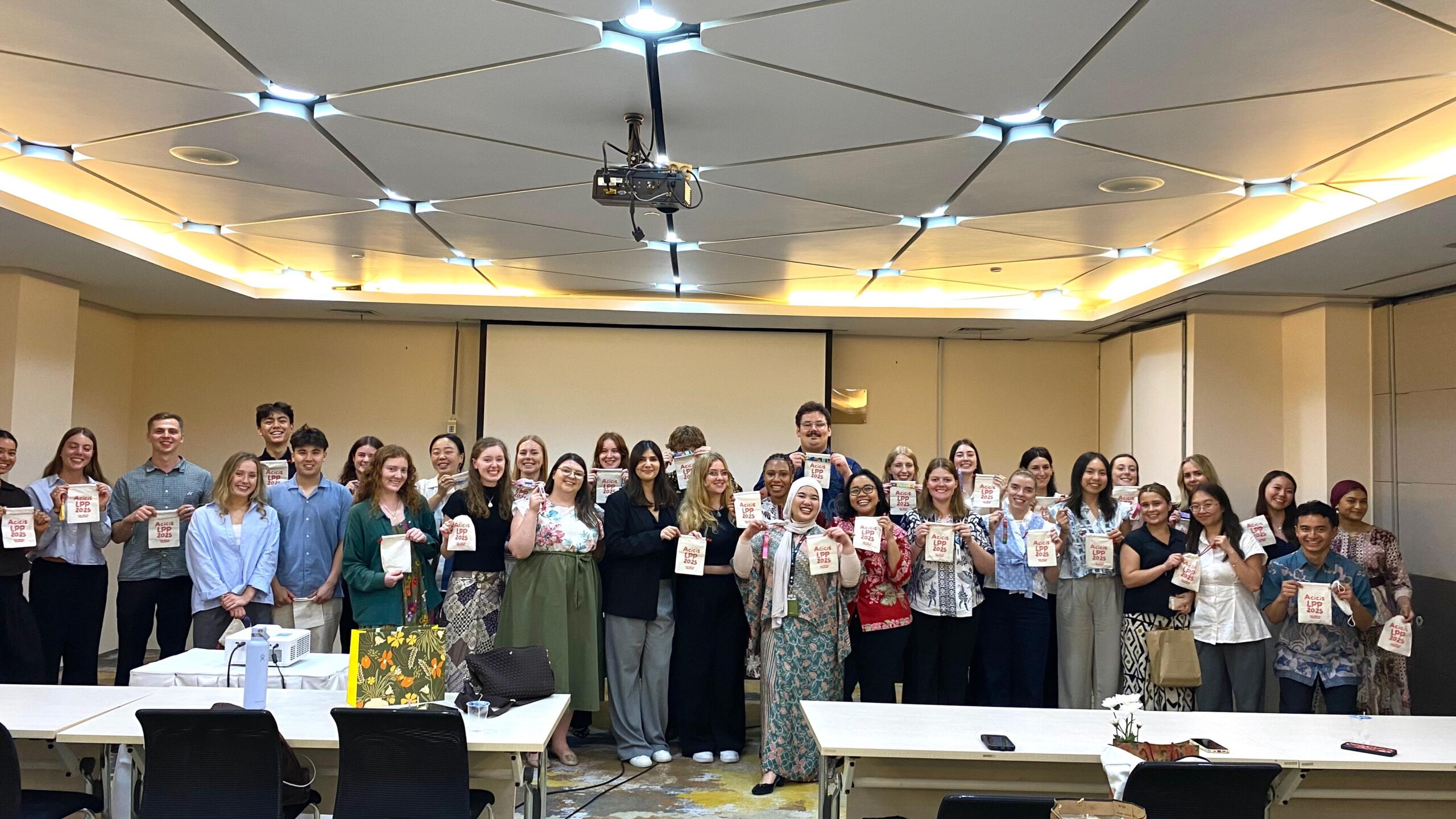Perth – Monday, 19 May 2025.The Director of the Australian Consortium for ‘In-Country’ Indonesian Studies (Acicis), Liam Prince, has warned that the University of Tasmania’s proposal to close its Indonesian language program runs directly counter to the Albanese Government’s stated commitment to deepening ties with Southeast Asia.
“Prime Minister Albanese has just returned from Jakarta reaffirming Australia’s long-term commitment to Indonesia as a strategic partner,” said Mr Prince. “Yet back home, one of our public universities is preparing to shut down the state’s only Indonesian language program. The disconnect could not be starker.”
“This is not just a Tasmanian issue. The decision to discontinue Indonesian at UTAS further weakens Australia’s already fragile national infrastructure for engaging with our most important neighbour.”
The proposal stands in sharp contrast to the federal government’s Southeast Asia Economic Strategy to 2040, which calls for a “whole-of-nation effort” to strengthen regional literacy and capability in order to advance long-term trade, investment, and security interests.
“This decision is not just shortsighted—it’s strategically incoherent,” Mr Prince added. “At a time when the Australian Government is urging national coordination to strengthen Southeast Asia literacy, UTAS is walking away from its only pathway for students to engage meaningfully with the region.”
The first recommendation of the Australian Government’s Invested: Southeast Asia Economic Strategy to 2040 is clear: develop a national plan to build regional literacy across government, business, education, and the wider community. Language learning, Mr Prince argued, must be the cornerstone of that capability.
“You can’t have Southeast Asia literacy without Southeast Asian languages—and you can’t be serious about engagement with Indonesia without Indonesian.”
If implemented, the UTAS proposal would see the redundancy of its remaining Indonesian language staff and the complete removal of Indonesian from the state’s tertiary education landscape. UTAS is currently one of only 13 universities in Australia still teaching Indonesian—down from 22 in the early 1990s.
Enrolments in Southeast Asian languages at Australian universities have declined by nearly 75% since 2001, with Indonesian among the hardest hit. National enrolments are now down to around 500 students per year, a drop from over 2000 students per year two decades ago.
“We are dismantling a national asset one program at a time. These closures are not isolated—they are cumulative. And they are leaving us dangerously underprepared for the Indo-Pacific future everyone agrees is coming.”
Indonesia accounts for more than 40% of Southeast Asia’s total population and GDP. By 2040, the region is projected to be the world’s fourth-largest economy—and Indonesia its largest single component. Yet Australia’s trade, investment, and education ties with the region remain underdeveloped, with Southeast Asia literacy identified as a key barrier.
“The strategy is unambiguous: building capability to engage with Southeast Asia must begin at home. That means properly resourced language programs in our schools and universities. The closure of Indonesian at UTAS takes us in the exact opposite direction.”
Mr Prince noted that the roots of this crisis lie further upstream. The decline in university-level Indonesian programs is the downstream consequence of long-term neglect in school-based Asian language education.
In the mid-1990s, the Australian Government launched the National Asian Languages and Studies in Australian Schools (NALSAS) strategy. Backed by COAG and substantial Commonwealth funding, NALSAS led to a 60% increase in enrolments and a 44% increase in the number of government schools teaching Indonesian, Japanese, Mandarin, and Korean in just three years. But the strategy was discontinued in 2002 and never replaced with an equivalent national program.
“Since the end of NALSAS, Australia has failed to sustain any consistent investment in Asian language education at the school level. That policy vacuum has now caught up with us,” Mr Prince said.
Today, fewer than 5% of Year 12 students nationwide study any Asian language, with Indonesian enrolments particularly low. Without a pipeline of school-leavers prepared to study Indonesian at university, tertiary programs become unsustainable—no matter their strategic importance.
In response, Acicis recently launched a national initiative: the Pledge for Asian Languages in Australian Schools. The pledge, signed to date by over a dozen organisations, calls on the Australian Government to re-establish a long-term, coordinated plan—and funding—for Asian language education in schools. Specifically, it calls for restoration of funding at a level of $20 per school student per year—or $84 million annually—the same funding level provided under NALSAS between 1995 and 2002.
“There is no pathway to rebuilding university-level Indonesian unless we first rebuild the foundations,” said Mr Prince. “This is a national challenge that demands a national response.”
He urged UTAS to pause its proposal and engage in broad consultation with stakeholders, including Acicis and national language advocacy bodies, before making a final decision.
“This is not just about saving a single program. It’s about ensuring that future generations of Australians are equipped to engage with our region. That means investing in language learning—and seeing Indonesian not as a cost centre, but as core national infrastructure.”
Acicis (the Australian Consortium for ‘In-Country’ Indonesian Studies) is a national, not-for-profit consortium of Australian universities. Since 1995, it has facilitated in-country study and internships in Indonesia for more than 4,500 Australian students. Acicis also coordinates national policy and advocacy efforts to strengthen Asian language education, including the Pledge for Asian Languages in Australian Schools (https://www.acicis.edu.au/blog/the-pledge-for-asian-languages-in-australian-schools/). For more information, visit: https://www.acicis.edu.au
Media contact:
Liam Prince
Consortium Director, Acicis
📧 l.prince@acicis.edu.au
📞 +61 8 6488 6689



